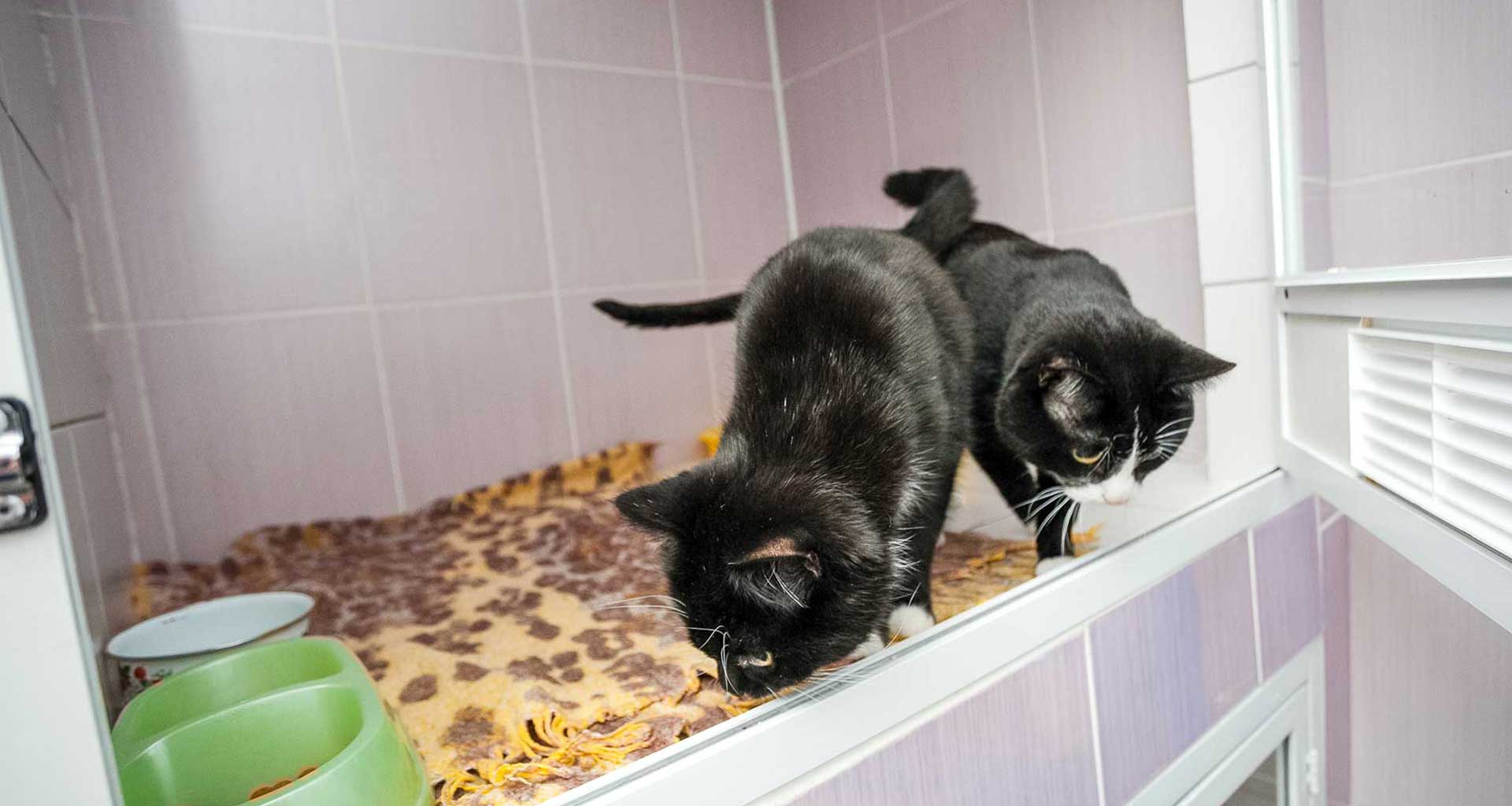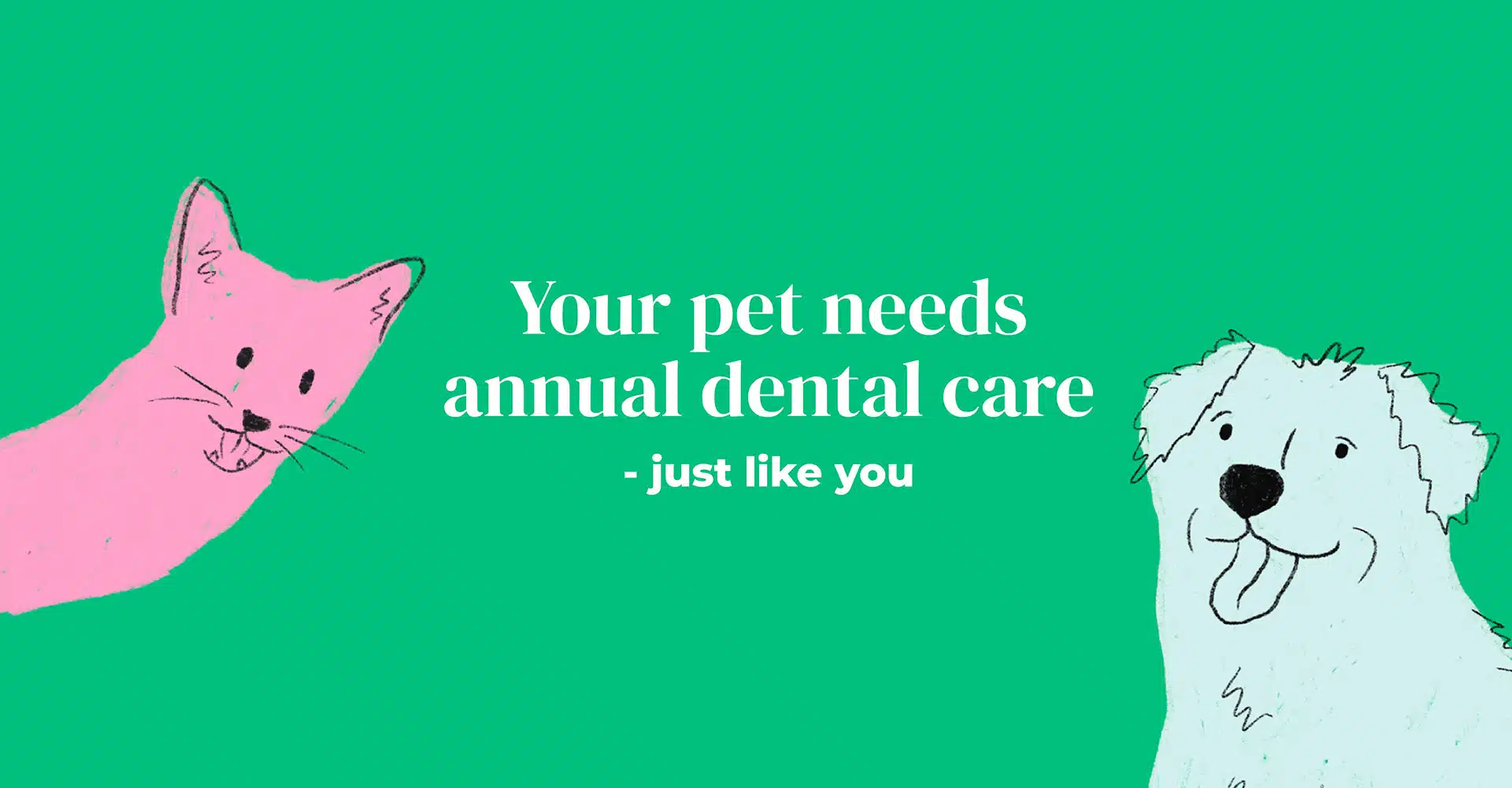Being a pet parent to a fabulous feline can be a lot of responsibility, especially when it comes to feeding them. It all starts with proper nutrition and free, ready access to H2O. We know they need a diet that is full of all the good stuff such as proteins, carbohydrates, vitamins, minerals and specific types of fats. Defining some of these key nutrients can help you understand the wonderful world of pet food and which diet you should choose for your fur-baby.
Let’s begin with antioxidants, these include vitamin A, B and C. Antioxidants can make a very big difference in your pet’s health and fight against free radicals. Free radicals are molecules that are highly reactive and can damage cell membranes, DNA and enzymes. The problems with free radicals are that these molecules are now being considered a factor in your cat developing diseases faster and aging prematurely. While these are found in fruits and vegetables, the pet food you purchase for your cat should be high in antioxidants as well as beta-carotene and selenium. Your cat does have antioxidant defences that can help fight free radicals however their bodies are affected by almost 10,000 a day! So, they will need some extra help defending themselves against these nasties!
To help understand this further, we have a brief definition of each of these antioxidants.
- Vitamin E: This helps to counteract the free radicals that can affect your cat.
- Vitamin C: While this deactivates free radicals, Vitamin C also restores Vitamin E and increases its antioxidant activity.
- Selenium: This antioxidant is an essential component of beneficial antioxidant enzymes.
- Beta-carotene: Through working with vitamin E, Beta-carotene also helps remove free radicals.
Protein is another vital part of your cat’s food. This nutrient is important for their organs and tissues; from cartilage and tendons to fur, skin and blood. It doesn’t stop there as they also help keep enzymes, hormones and antibodies strong. Amino acids are a key component of proteins. Your cat will absorb this through food and then these will help to create new proteins. This absorption can be weakened when amino acids are not present in a cat’s body or their body does not have enough. Did you know that cats need significantly more protein than dogs? This nutrient is clearly very important for your cat’s health and wellbeing. As amino acids can be sourced from plant proteins, it is best to find a balance between high-quality animal and plant protein sources.
A cat’s nutritional needs can change. Impacting factors such as their stage in life, activity level and overall health can cause their nutritional values to change and therefore their diet does as well. It is important to remember that your cat should not eat onions and garlic as this can lead to anemia developing. Raw eggs on the other hand can cause salmonella to develop.
If you think your cat’s diet needs an update or they are not getting the essential nutrients, ask our team today about what you should start feeding your pet and how you can start integrating new food into your cat’s diet. The last thing we would want is for your cat to stop enjoying their food!


